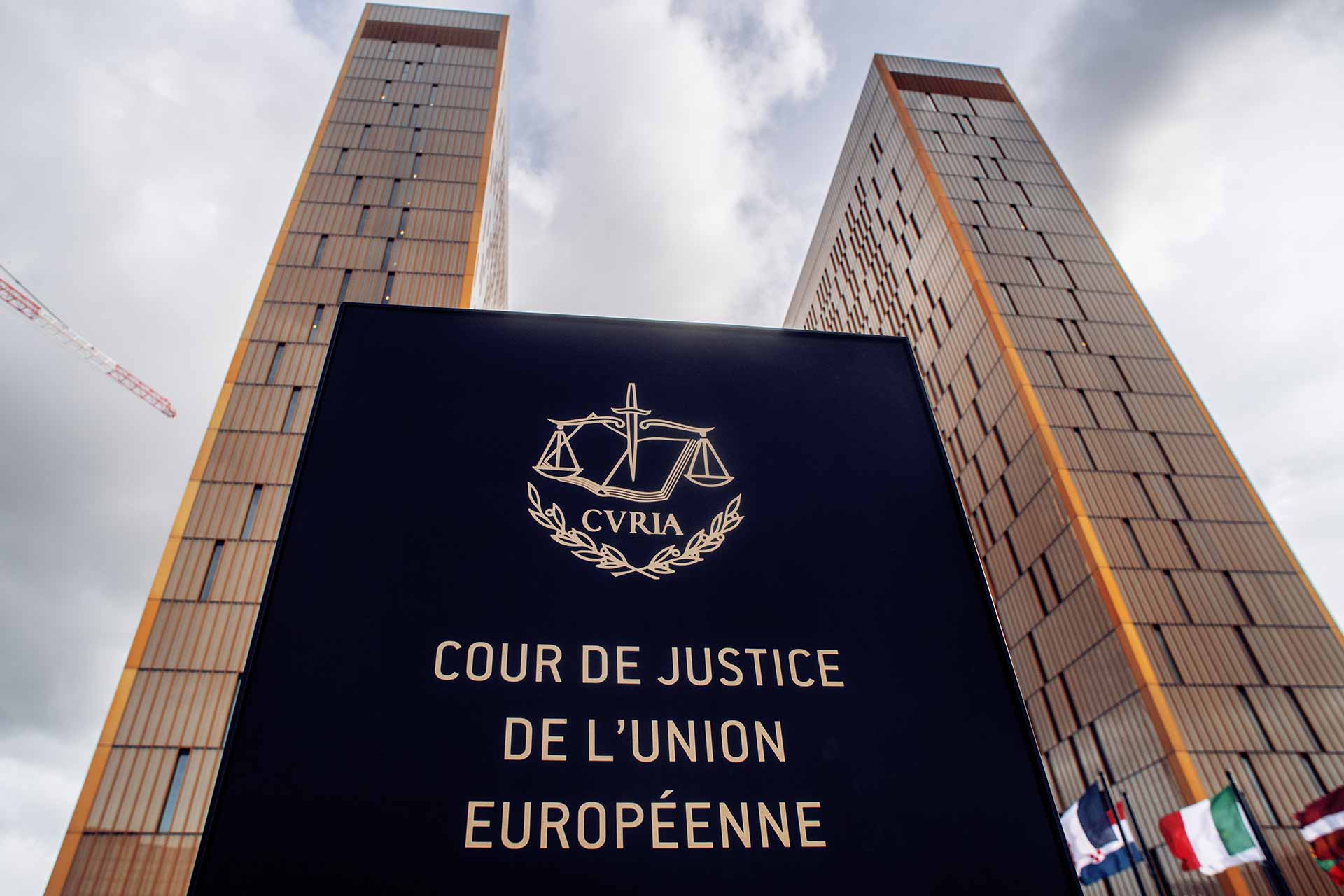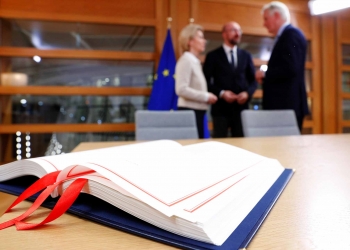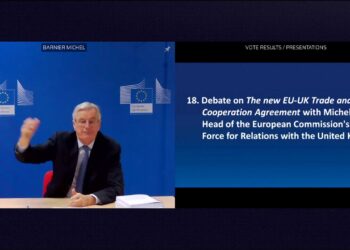In this episode of Head to Head, Mehdi Hasan challenges Norman Lamont, former British Chancellor of the Exchequer, or Finance Minister, and now Conservative peer in the House of Lords, on why he thinks the UK should leave the European Union.
English, the world’s second language and the main working tongue of EU institutions, may no longer be an official language of the European Union once Britain leaves the bloc in Brexit Europe, a senior EU lawmaker said.
The symbolic, if impractical, move would further reduce London’s influence on the continent, and infuriate the Irish. Each member state has the right to nominate one EU idiom. Although English is the most spoken language in Europe, and an official language in three member states, only Britain legally chose it in Brussels. Ireland chose Gaelic. Malta picked Maltese.
“English is our official language because it has been notified by the UK. If we don’t have the UK, we don’t have English,” Danuta Hubner, chair of the European Parliament’s constitutional affairs committee told a news conference on the legal consequences of the British referendum to leave the EU.
English might remain a working language in Brexit Europe, even if it were no longer an official one, Hubner said, adding that keeping it an official language would require agreement by all member states. Alternatively, rules could be changed to let countries have more than one official language, Hubner suggested.
EU documents and legal texts are translated into all 24 official languages of the bloc. If English were to lose that status, Britons would have to do the translation themselves.














